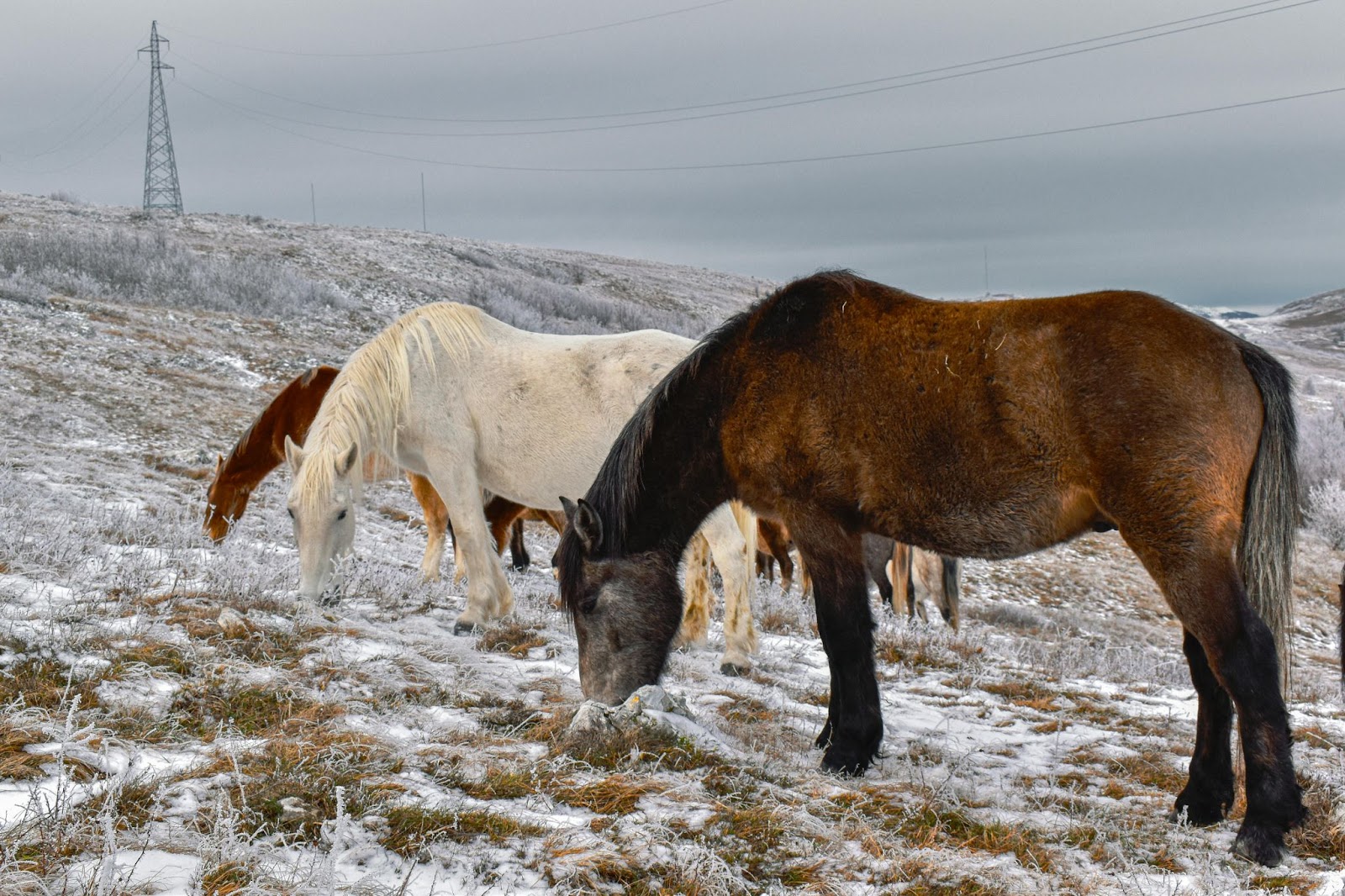As temperatures drop and the new year begins, pet owners face a season filled with joy – and unique health challenges for their furry companions. Among these concerns, pet flu often rises to the top of the list during the colder months. While sniffles and coughs may seem like minor inconveniences, the flu can have serious implications for your pet’s well-being. Understanding the risks, symptoms, and preventative measures is essential to keeping your beloved pets healthy and safe.
At Sinton Vet Clinic, we’re dedicated to equipping pet parents with the knowledge and resources needed to navigate flu season confidently. In this blog, we’ll cover what pet flu is, how to spot the symptoms, and the best ways to protect your furry friends. If you have questions or need personalized advice, our team is always here to help; give us a call at (361) 364-4551 or schedule a visit today!
What is Pet Flu?
Pet flu, also referred to as Canine Influenza (CIV), is a highly contagious respiratory infection that primarily targets dogs. Although rare, cats can also get a version of the pet flu, known as Feline Calicivirus (FCV), which causes flu-like symptoms. Caused by specific influenza strains, pet flu can spread rapidly to other pups in places where pets gather in close proximity. Dog parks, boarding facilities, or groomers are great examples of where this virus can thrive going from host to host. While some pets may recover without any major issues, others can develop complications like pneumonia or secondary bacterial infections.
Symptoms of Pet Flu
Just like humans, pets with the flu often show a range of symptoms, which may include:
- Coughing: A dry, hacking cough is one of the most common signs.
- Sneezing: Frequent sneezing may also be present.
- Runny nose: Watery nasal discharge is typical.
- Fever: Pets may have a high body temperature.
- Lack of appetite: A decrease in appetite or refusal to eat.
- Lethargy: Pets may seem unusually tired and less active.
If your pet exhibits these symptoms, it’s important to consult with your veterinarian. Many of these symptoms mirror those of kennel cough, so contact Sinton Vet Clinic for a diagnosis and treatment if you are unsure. Early diagnosis and treatment can help prevent complications and ensure a quicker recovery.
How to Protect Your Pet
1. Get the Flu Vaccine: The canine influenza vaccine is available and is one of the most effective ways to protect your pet. If your dog is at risk due to frequent contact with other pets (dog parks, grooming salons, boarding kennels), it’s a good idea to discuss vaccination with your veterinarian.
2. Avoid High-Risk Areas: If there’s a flu outbreak in your area, try to avoid crowded places where dogs gather. If your dog has been exposed to a sick pet, keep them isolated for a few days to monitor for any symptoms.
3. Practice Good Hygiene: Just like people, good hygiene can go a long way in preventing the spread of germs. Wash your hands before and after handling your pet, especially if they’ve been around other animals.
4. Boost Your Pet’s Immune System: Keep your pet healthy year-round with a balanced diet, regular exercise, and routine veterinary check-ups. A strong immune system helps your pet fend off illnesses.
5. Monitor for Symptoms: Keep an eye out for early signs of illness and seek veterinary care promptly if any symptoms arise. Catching the flu early can help minimize the severity and risk of complications.
For a specific care plan, dial (361) 364-4551 and speak to our dedicated veterinary team!
What to Do if Your Pet Gets Sick
If your dog does get the flu, it’s important to visit your veterinarian as soon as possible. Professional treatment may involve supportive care, such as fluids and rest, and sometimes medication to manage symptoms or prevent secondary infections.
During your pet’s recovery, keep them comfortable by providing plenty of water, a warm and quiet place to rest, and lots of love. Be attentive to any changes in their condition and follow your veterinarian’s advice closely. During the process, make sure they are isolated from other pets to prevent the spread and development of the virus. Regularly clean and disinfect their bedding, toys, bowls, and other objects to minimize contamination, and monitor their progress to a full recovery.
The Bottom Line: Protect Your Pets from Flu Season
Pet flu season doesn’t have to be a stressful time for you and your reliable companions. By staying informed, recognizing the signs of pet flu, and taking proactive measures like vaccination, good hygiene, and regular check-ups, you can significantly reduce the risk to your furry family members. A little preparation goes a long way in safeguarding their health and ensuring they stay active and happy. Protecting your pets also helps prevent the spread of illness to other animals in your community, creating a safer environment for everyone.
At Sinton Vet Clinic, we’re here to support you every step of the way. From preventive care to expert treatment, our team is dedicated to keeping your pets happy, healthy, and protected all year round. Don’t wait until it’s too late – schedule your pet’s flu vaccine or wellness check-up today! Call us at (361) 364-4551 or visit us online to book an appointment. Together, we can help your pet thrive this flu season and beyond.





